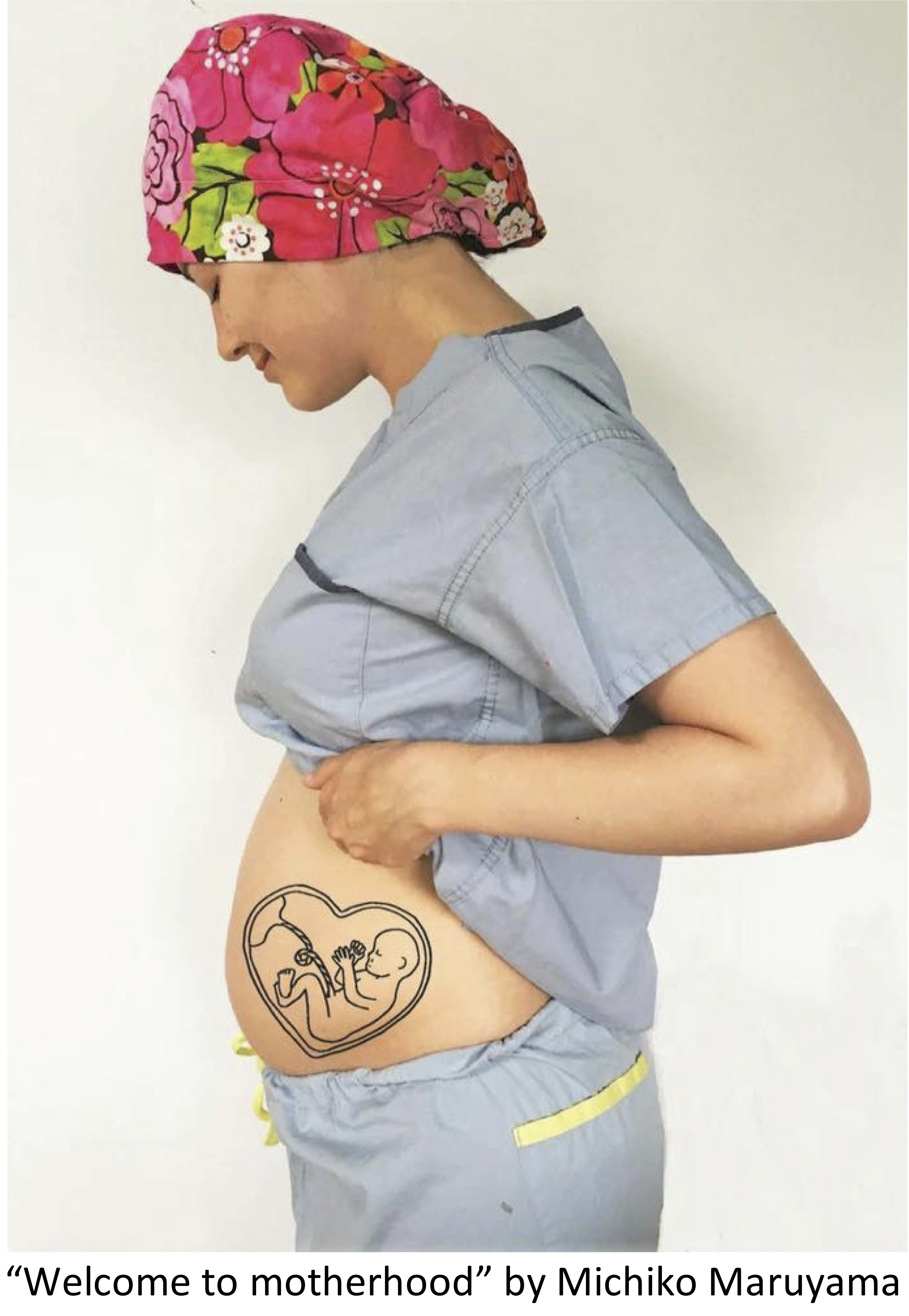Characterizing a community health partnership in Dominican Republic: Network mapping and analysis of stakeholder perceptions
DOI:
https://doi.org/10.36834/cmej.36924Keywords:
Network mapping, health coalition, global health, short-term experiences in global healthAbstract
Background: Medical trainees complete learning experiences abroad to fulfil global health curricular elements, but this participation has been steadily criticized as fulfilling learner objectives at the cost of host communities. This study uses network and qualitative analyses in characterizing a community coalition in order to better understand its various dimensions and to explore the perceived benefits it provided towards optimizing community outcomes.
Methods: Data from a semi-structured survey was used for network and qualitative analyses. Partner linkages were assessed using network analysis tool UCINET 6 (version 6.6). Thematic analysis was conducted on qualitative responses around the perceived coalition strengths and weaknesses.
Results: Network analysis confirmed that local member organizations were key network influencers based on reported formal agreements, general interactions, and information shared. While sharing of resources was rare, qualitative analysis suggested that information sharing contributed to engagement, enthusiasm, and communication that allowed visiting partners to expand their understanding of community needs and shift their focus beyond learner objectives.
Conclusion: Global health programs for medical students should consider the use of community health coalitions to optimally align the work undertaken by learners on global health experiences abroad. Network mapping can help educators and coalition partners visualize interactions and identify value.
Downloads
Published
Issue
Section
License
Submission of an original manuscript to the Canadian Medical Education Journal will be taken to mean that it represents original work not previously published, that it is not being considered elsewhere for publication. If accepted for publication, it will be published online and it will not be published elsewhere in the same form, for commercial purposes, in any language, without the consent of the publisher.
Authors who publish in the Canadian Medical Education Journal agree to release their articles under the Creative Commons Attribution-Noncommercial-No Derivative Works 4.0 Canada Licence. This licence allows anyone to copy and distribute the article for non-commercial purposes provided that appropriate attribution is given. For details of the rights an author grants users of their work, please see the licence summary and the full licence.











